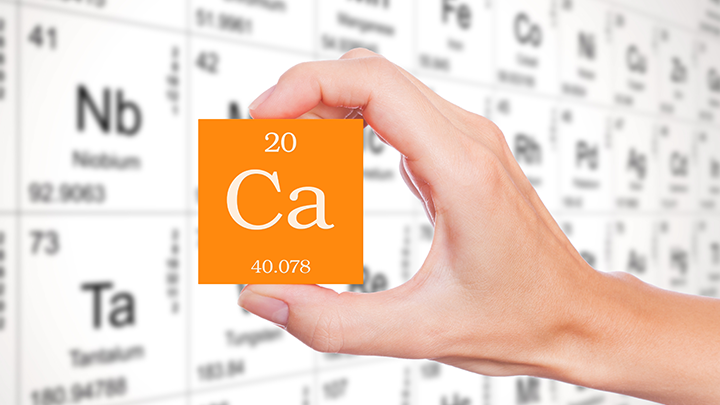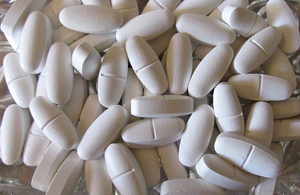The liver is an organ located within the abdomen, weighing approximately 3 lbs. This vital organ is part of the digestive system. Although there are many...
About the Author
Elaine Brisebois
Elaine is a Certified Nutritionist and Women’s Health Coach. She works with clients across the globe to help them improve their health and relationship with food. Elaine believes in a real food approach to health that is rooted in optimizing digestion and includes ongoing and intelligent cleansing. You can download her FREE Hip, Healthy & Holistic Makeover Guide to learn 5 simple things you can do every day to lose weight, increase energy, kick cravings, and feel beautiful inside & out.


 Eating a nutrient-rich diet that contains plenty of calcium-rich food sources is the ideal way to meet the daily requirements, however, for some individuals, particularly older adults (and adolescents), it may be necessary to supplement in order to bridge the gap in their diet.
Eating a nutrient-rich diet that contains plenty of calcium-rich food sources is the ideal way to meet the daily requirements, however, for some individuals, particularly older adults (and adolescents), it may be necessary to supplement in order to bridge the gap in their diet. When diet isn’t enough, supplementation might be necessary. It’s best not to self-diagnose a deficiency or take high amount of supplemental calcium unnecessarily as it can have negative consequences (i.e. kidney stones).
When diet isn’t enough, supplementation might be necessary. It’s best not to self-diagnose a deficiency or take high amount of supplemental calcium unnecessarily as it can have negative consequences (i.e. kidney stones).

